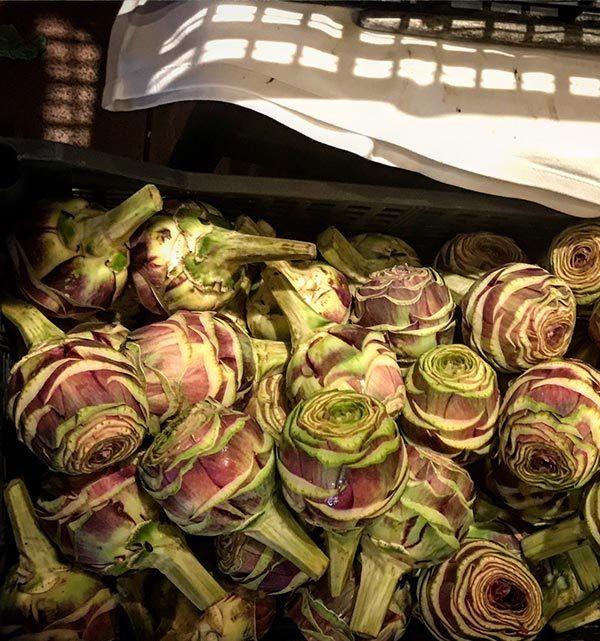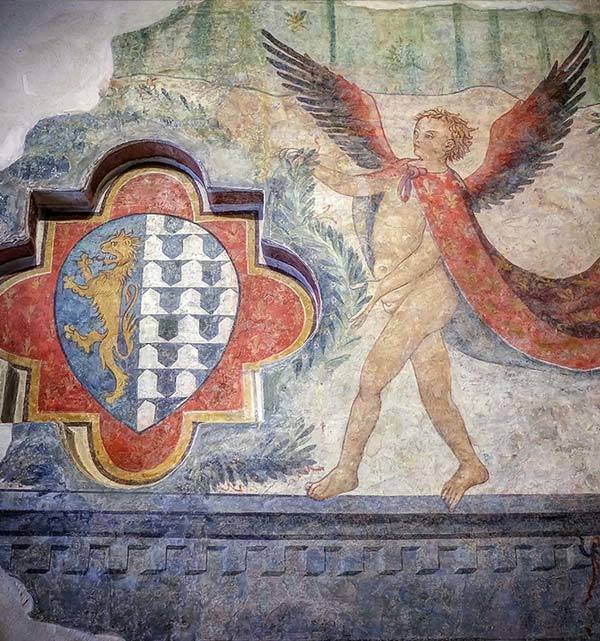Research
ACIS Supports a wide range of research initiatives …
… from junior early career researchers to established senior scholars visiting Australasia, as well as its own research projects in three broad categories.
Since 2013, ACIS has supported non-stipendiary Honorary Research Associates (HRAs) aimed at both junior early career researchers with, as yet, no formal academic position, and to facilitate the visit of international senior scholars in Italian Studies. This programme is currently under review.
Between 2018 and 2024, ACIS has supported two ACIS Postdoctoral Fellowships in Italian Studies (awarded to Dr Laura Lori and Dr Emma Barron). Both Fellowships were held at the Faculty of Arts, University of Melbourne, with salary costs shared between ACIS and the host institution. The ACIS Postdoctoral Fellowship in Italian Studies is not running in 2025 as ACIS reviews the scheme.
In addition, in 2017, ACIS established three broad Research Groups to cover the variety of disciplines that Italianists in Australasia are engaged in. These groups are: History and Social Sciences (HSS); Visual and Performance Studies (VPS); and Language, Culture, and Communication (LCC). The aim of these research groups is to organise research-related initiatives – workshops and seminars, small pilot projects, visits of overseas scholars, collaboration with Italy-oriented institutions – on key themes within their fields of interest. The initiatives are intended to provide an opportunity for scholars from the many fields under the broad heading of ‘Italian Studies’ to come together to discuss research interests and projects. In particular, we hope it will offer regular opportunities for postgraduates and early-career researchers to present their work and exchange ideas.
Applications to head a Research Group with a two-year programme of activities are competitive and approved by the Management Committee, for which an annual budget of up to AU$10,000 is provided. End-of-year reports need to be submitted and approved before the following year’s funds are released. The groups should publicise their initiatives widely, and be happy to receive enquiries from Italianists interested in being involved.
The application process for a new round of Research Groups is now open and will close on 12 September 2025, 11.59 AEST.
All details on how to apply and eligibility can be downloaded here.


